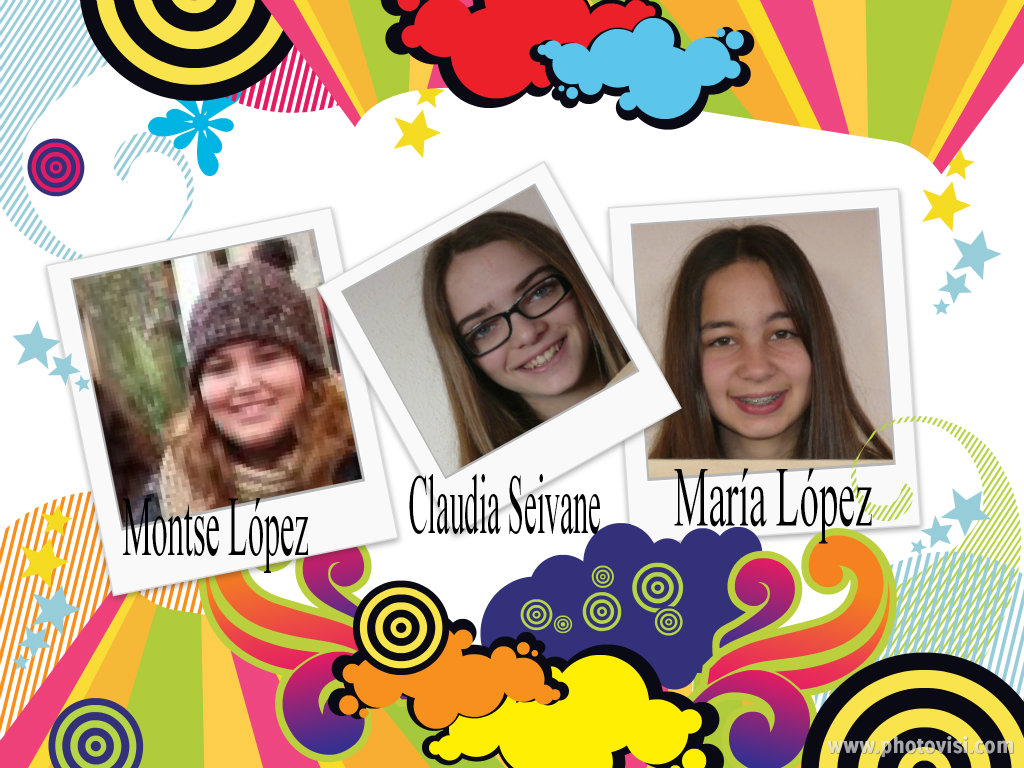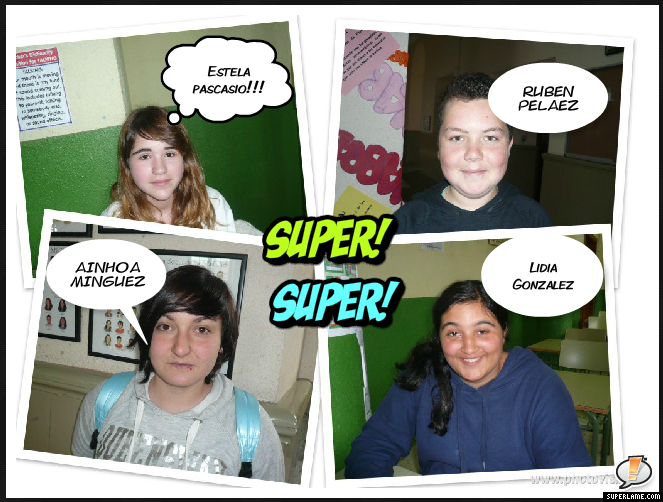I couldn’t just wrap up the school year and kick off the summer holidays without mentioning these two interesting tools I’ll be trying this summer to add to the list of useful tools I have been trying on and off in the flipped classroom setting. 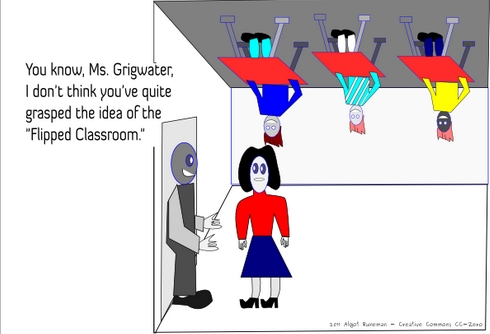 The Flipped Classroom Concept is the new trend in education. Classes are flipping all over the world. Well, maybe in Spain, it is not so popular yet but I think it has a great potential in classes where the students are motivated to learn.
The Flipped Classroom Concept is the new trend in education. Classes are flipping all over the world. Well, maybe in Spain, it is not so popular yet but I think it has a great potential in classes where the students are motivated to learn.
The Flipped Classroom is a reversed teaching concept. Basically the teacher, through about 5 minute -created videos, teaches the students at home and then “homework” is moved to the classroom. One of the advantages of this method is that students learn at their pace and while some students might need to watch the video just once to understand the content, weaker students will not feel left behind as they will be able to replay the video as often as they like without feeling they are interfering with the normal pace of the classroom. The student, then, comes to the classroom to work on what was explained in the video and time in the classroom is spent on practising, something the students cannot do at home on their own. There is,obviously, more time for student-teacher interaction. In this flipped classroom setting there are two tools I’m willing to give a try this summer and which I thought I would share with you, in case you want to give the Flipped Classroom a go next year.
The first tool is similar to MyBrainshark and VoiceThread, which I have been using for two years. It’s called Narrable and it allows you to upload photographs and record yourself or upload an audio file narrating your photo. When you sign up you only get 5 free narrables but you can get more free narrables if you don’t mind sharing them in facebook.
I have been using for two years. It’s called Narrable and it allows you to upload photographs and record yourself or upload an audio file narrating your photo. When you sign up you only get 5 free narrables but you can get more free narrables if you don’t mind sharing them in facebook.
The other one is a bit more complicated and demanding on the teacher’s side and if you are  camera shy, like me, maybe not so appealing but, anyway I’m willing to try it.
camera shy, like me, maybe not so appealing but, anyway I’m willing to try it.
It’s called Movenote and it helps you record a video of yourself teaching accompanied by slides. First of all, you have to upload your images or presentations ( it supports pdfs, excel,.. and many more) and then you record yourself using your webcam while you explain your images. There is also the possibility of uploading a previously recorded video and synchronising it with the slides. It’s free , you only need to sign up to an account . The only thing I don’t like is that you share via an url but it doesn’t seem to offer the possibility of embedding it in a blog or website.
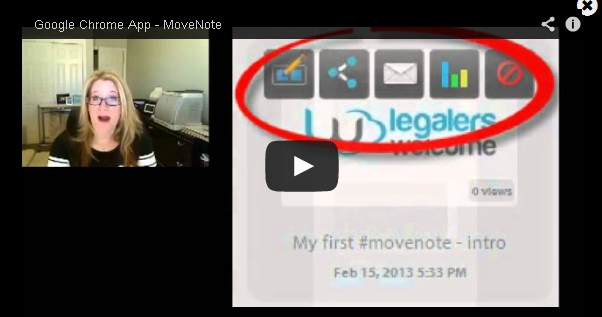
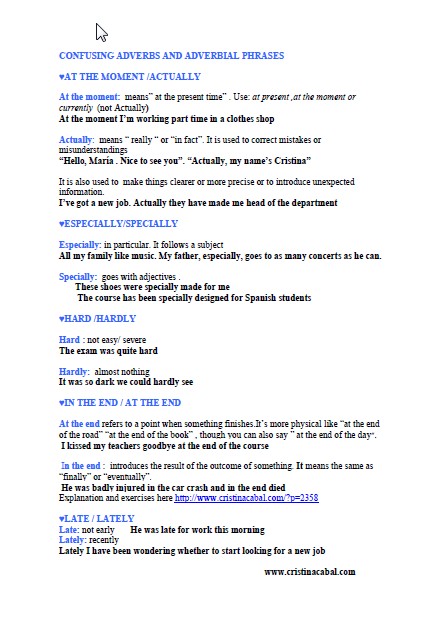

 The
The 



